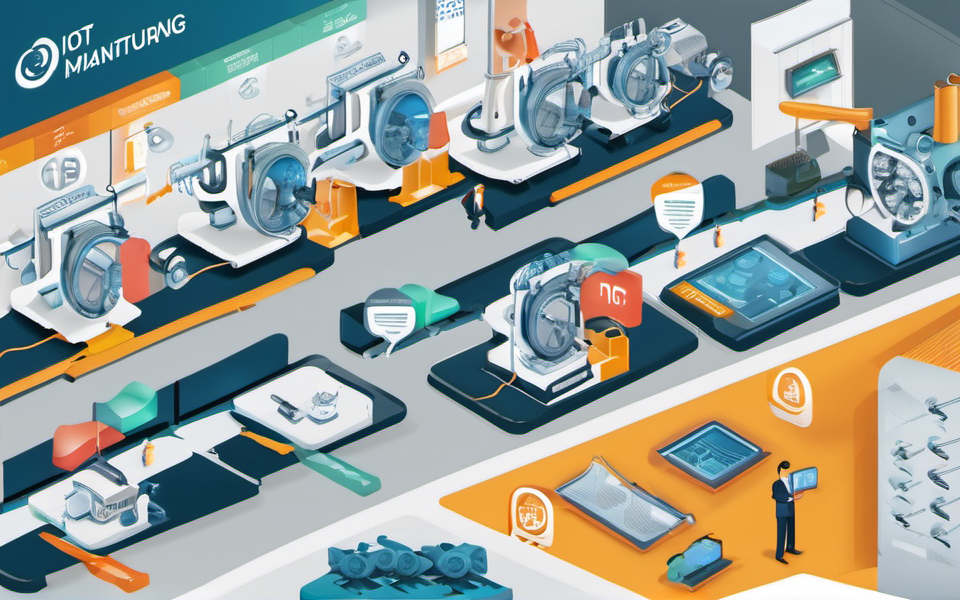Imagine a world where machines talk to each other, anticipate problems, and even solve them before you notice! This isn’t science fiction; it’s happening right now in the manufacturing industry thanks to IoT. Let’s take a journey into this fascinating world!
What is IoT in Manufacturing?
IoT stands for the Internet of Things. In simple words, it’s about connecting everyday objects to the internet. But in manufacturing, IoT goes far beyond just smart fridges or wearable devices. It’s about making factories smarter and more efficient. Imagine robots on the factory floor that communicate with each other. Sensors on machines can detect issues early. Real-time data helps managers make better decisions.
For example, consider a car manufacturing plant. Here, IoT can monitor assembly lines, track parts, and even predict when a machine might fail. This reduces downtime and keeps the production process smooth. It’s like having a crystal ball that sees issues before they even happen!
The Benefits IoT Brings to Manufacturing
Integrating IoT into manufacturing isn’t just a cool idea; it brings tangible benefits. For one, it drastically improves efficiency. Machines that operate on their own and communicate can work faster and more accurately than humans ever could. This makes production quicker and more precise.
Second, IoT helps in predictive maintenance. Regular maintenance usually means checking machines periodically, whether they need it or not. But with IoT, sensors can monitor machine health in real-time. They can predict when a machine is likely to encounter a problem, allowing for timely maintenance. This not only saves money but also prevents sudden breakdowns that can halt production.
Lastly, IoT enhances the quality of products. By monitoring every step of the manufacturing process, manufacturers can ensure products meet high standards. It’s like having an all-seeing eye on the production line ensuring nothing slips through the cracks.
IoT is Paving the Way for Innovation
IoT isn’t just making current manufacturing processes better; it’s opening doors to new possibilities. One such innovation is the concept of smart factories. In a smart factory, all systems are interconnected. Robots handle complex tasks, and everything operates in harmony without human intervention.
Then there’s the power of data. The data collected by IoT devices is a goldmine. Manufacturers can analyze this data to find inefficiencies, predict trends, and even come up with new product ideas. It’s like turning raw information into valuable insights.
Lastly, IoT is making factories safer. With real-time monitoring, it’s easier to detect hazardous conditions and address them immediately. This keeps workers safe and ensures a better working environment. Imagine a world where factory accidents are rare because every potential hazard is detected early on.









